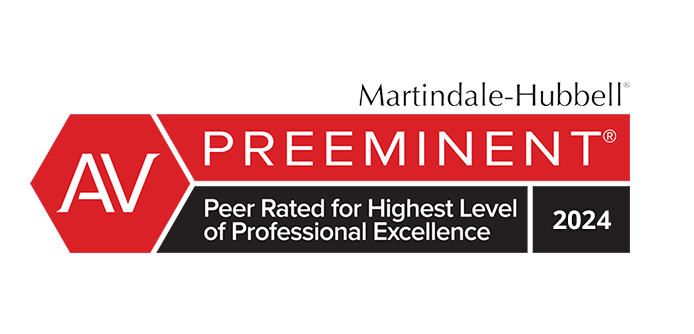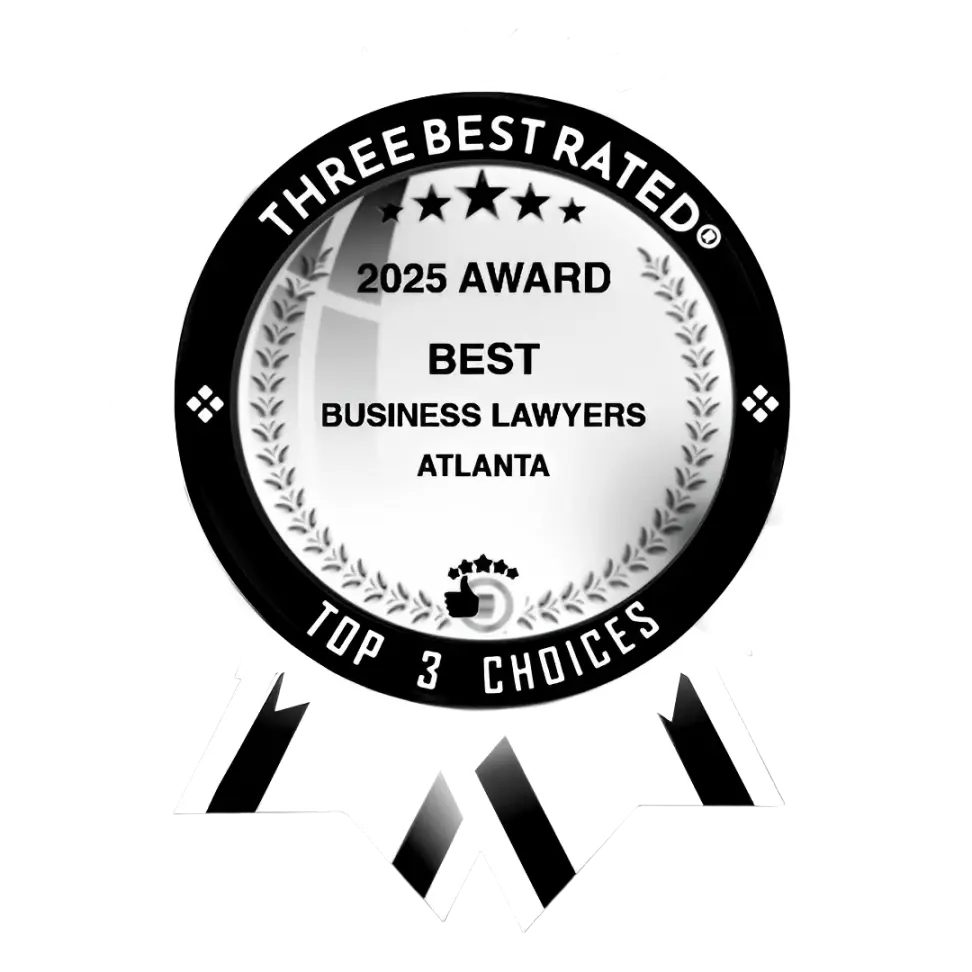- Home
- Practice Areas
- Litigation
- Adverse Possession
- Breach of Fiduciary Duty
- Business & Corporate Disputes
- Co-Counsel
- Commercial Litigation
- Construction Change Orders
- Construction Defects
- Contract Disputes
- Copyright & Trademark Infringement
- Evictions
- Failed Home Inspections
- General Civil Litigation
- Landlord Tenant Disputes
- Latent Defects
- Mechanic’s Liens
- Non-Compete Agreements
- Partition Actions
- Partnership Disputes
- Post-Judgment Collections
- Probate
- Quiet Title Actions
- Shareholder Agreement Disputes
- Business Law
- Asset Purchases
- Business & Corporate Disputes
- Business & Corporate Formation
- Business Outside In-House Counsel
- Business Sales & Purchases
- Buy-Sell Agreements
- Business Succession Planning
- Commercial Debt Collections
- Commercial Leases
- Commercial Litigation
- Commercial Real Estate
- Commercial Transactions
- Contract Disputes
- Contract Drafting
- Copyrights & Trademarks
- Corporate Bankruptcy
- Dissolution Actions
- Franchise & Dealership Law
- General Business Law
- General Partnerships
- Limited Liability Companies
- Limited Partnerships
- Mergers & Acquisitions
- Non-Compete Agreements
- Partnership Disputes
- Post-Judgment Collections
- Promissory Notes
- Shareholder Agreements
- Startups #GAStartupLawyer
- Sweepstakes & Prize Contests
- Real Estate Law
- Adverse Possession
- Commercial Leases
- Commercial Real Estate
- Construction Change Orders
- Construction Defects
- Contract Disputes
- Deed Drafting
- Evictions
- Failed Home Inspections
- HOA & COA
- Landlord Tenant Disputes
- Latent Defects
- Lease Purchases
- Mechanic’s Liens
- Partition Actions
- Promissory Notes
- Quiet Title Actions
- Seller Financing
- Short Sales
- Estate Planning
- Litigation
- Our Team
- Testimonials
- Blog
- Contact
- Contact Us
- Call Us: 678-882-0830
Our Atlanta corporate bankruptcy attorneys help businesses across Georgia navigate Chapter 7 liquidation and Chapter 11 reorganization. We guide you through every step, from evaluating options to negotiating with creditors, so you can protect your business and make informed decisions about the future.
Schedule a Consultation
If your business is struggling to meet financial obligations, bankruptcy may provide a path forward. At Thrift McLemore, our Atlanta corporate bankruptcy attorneys help businesses across Georgia navigate the difficult choices that come with financial distress. Whether you need to shut down operations through Chapter 7 or restructure debt and keep operating under Chapter 11, our attorneys provide experienced guidance at every step.
Corporate Bankruptcy Options in Georgia
Corporations facing insolvency typically must choose between filing under Chapter 7 or Chapter 11 of the U.S. Bankruptcy Code. Each option comes with different requirements and outcomes. Consulting with an experienced Atlanta bankruptcy attorney can help you decide which best fits your situation.
Chapter 7 Bankruptcy for Georgia Corporations
Chapter 7 is often called “liquidation.” In this process, a court-appointed trustee sells the corporation’s non-exempt assets, and the proceeds go toward paying creditors.
Business operations must stop once Chapter 7 is filed.
An automatic stay immediately prevents creditors from pursuing collection.
Creditors are prioritized by law, with secured creditors being paid before unsecured creditors.
Once the process is complete, the corporation no longer exists, and any remaining unpaid debts are discharged.
Chapter 7 can provide closure when continuing operations is no longer realistic, while also stopping aggressive collection efforts.
Chapter 11 Bankruptcy for Georgia Corporations
Chapter 11 is known as “reorganization.” It allows a corporation to keep operating while restructuring its debts under court supervision.
Debts are reorganized into a more manageable payment structure.
A creditors’ committee may be appointed to represent the interests of unsecured creditors.
The corporation must follow a court-approved reorganization plan for up to two years.
The goal is to emerge from bankruptcy as a profitable, viable business.
While Chapter 11 is more complex and time-consuming than Chapter 7, it gives many businesses the chance to survive and rebuild. If the reorganization plan fails, the case can be converted to a Chapter 7, resulting in liquidation.
How Our Atlanta Bankruptcy Attorneys Can Help
At Thrift McLemore, we know bankruptcy is not just a financial decision but also a deeply personal one that impacts owners, employees, and communities. Our attorneys help Georgia business owners:
Evaluate whether Chapter 7 or Chapter 11 is the best path
Protect assets and minimize exposure where possible
Negotiate with creditors during the process
Guide corporations through reorganization plans
Manage compliance with court requirements and creditor committees
Provide straightforward explanations at each step
We combine legal knowledge with practical business experience to guide you through bankruptcy in a way that protects your long-term interests.
Our Aim
Our goal is to help you make the right choice for your business and then advocate for you throughout the process. When reorganization is possible, we work toward keeping your company open and moving back toward profitability. When liquidation is unavoidable, we focus on protecting your interests, reducing liability, and ensuring the process is handled as smoothly as possible.
Speak With an Experienced Atlanta Corporate Bankruptcy Attorney
Bankruptcy is one of the most important financial decisions a business can make. The earlier you involve an attorney, the more options you may have to protect your business, your assets, and your future.
Call 678-882-0830 today to speak with an experienced Atlanta corporate bankruptcy attorney at Thrift McLemore. We represent businesses across Georgia in Chapter 7 and Chapter 11 bankruptcy cases.
Have a Question?
Have a legal question about Corporate Bankruptcy? Call us at (678) 882-0830.
Relevant News & Insights
Georgia Written Agreements: Safeguard Your Interests Early
Can a verbal agreement hold up in Georgia? See why written contracts give Atlanta businesses stronger protection against disputes.
READ MORENew Requirements for Out-of-State Landlords with Georgia Rentals
If you’re an out-of-state landlord with rental property in Georgia, a new law may significantly affect how you manage your properties.
READ MOREBusiness Divorce 101: When Georgia Business Partners Part Ways
Business partners don’t always agree. Learn how a business divorce works in Georgia and what steps protect your interests when partnerships end.
READ MOREUpdate on the FTC’s Ban on Non-Compete Agreements
In our recent post, “The FTC Banned Non-Competes: What This Means for You,” we explored the Federal Trade Commission’s (FTC) sweeping new rule banning non-compete agreements. This rule was set to shake up the workplace. Since then, there’s been a major development that might affect how this rule plays out. What happened? On June 28, […]
READ MOREHow DBAs Impact Your Business Identity
Most people have probably heard of PepsiCo and Alphabet Inc. However, these companies also operate under more widely known names: Pepsi and Google. So, how do these companies operate under different names at the same time? The answer is simple. They use a DBA. What is a DBA? The concept of “Doing Business As” (DBA), […]
READ MOREThe FTC Banned Non-Competes: What This Means for You
The FTC banned non-compete agreements for all employees, effective September 4, 2024, with the exception of executives with high earnings. Going forward, employers may rely on alternatives, including non-disclosure agreements, non-solicit agreements, and trade secret protections.
READ MORE
© 2025 Thrift McLemore. All Rights Reserved.











